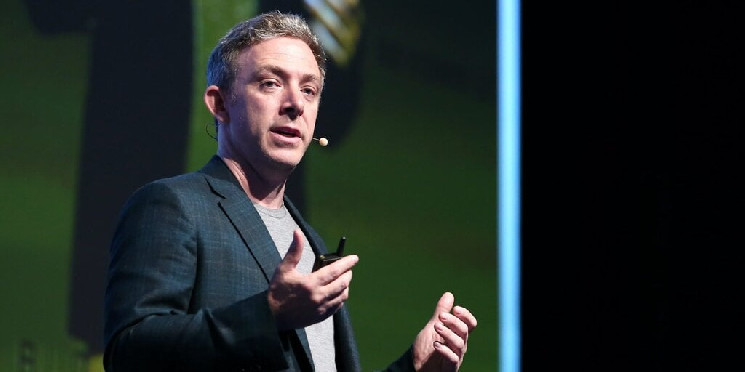California Federal Judge Dismisses Class Action Lawsuit Against Dfinity
A recent development in the legal battle involving Dfinity, the crypto firm behind Internet Computer (ICP), saw a California federal judge dismissing a class action lawsuit against the company. The lawsuit, which alleged that Dfinity sold unregistered securities, was ruled to be time-barred due to being filed one year and six months late.
Ruling and Time Limitations
U.S. District Judge James Donato granted Dfinity’s motion to dismiss, citing the Securities Exchange Act’s three-year statute of repose. The court agreed with Dfinity’s argument that the offering of ICP tokens to the public in February 2017 made the August 2021 investor lawsuit fall outside the required timeframe.
The plaintiffs, represented by Freedman Normand Friedland LLP at the time of filing, did not provide a response to the defendants’ argument, leading to the dismissal of the claims as time-barred.
Fraud Claims Dismissed
In addition to the time-barred claims, Judge Donato also dismissed the investors’ fraud claims. The court rejected the argument that Dfinity founder Dominic Williams must have had knowledge of token distribution issues solely based on his role within the company.
Legal Battle and Controversy
The legal battle surrounding Dfinity has been marked by controversy, including issues with the plaintiffs’ previous counsel. The case faced delays after allegations surfaced regarding the use of litigation to gather confidential information on crypto companies.
The plaintiffs, now represented by Selendy Gay PLLC following the replacement of their previous counsel, had claimed that Dfinity manipulated the digital asset market and artificially inflated ICP token prices after its debut in May 2021.
Final Opportunity to Amend
Despite the dismissal of the lawsuit, Judge Donato granted investors a final opportunity to amend their complaint by April 8. Failure to meet this deadline could result in dismissal under federal rules on civil procedure.
Response from Parties
Representatives for Selendy Gay PLLC, Freedman Normand Friedland, and Dfinity Foundation did not immediately respond to requests for comment on the ruling.
Edited by Sebastian Sinclair

